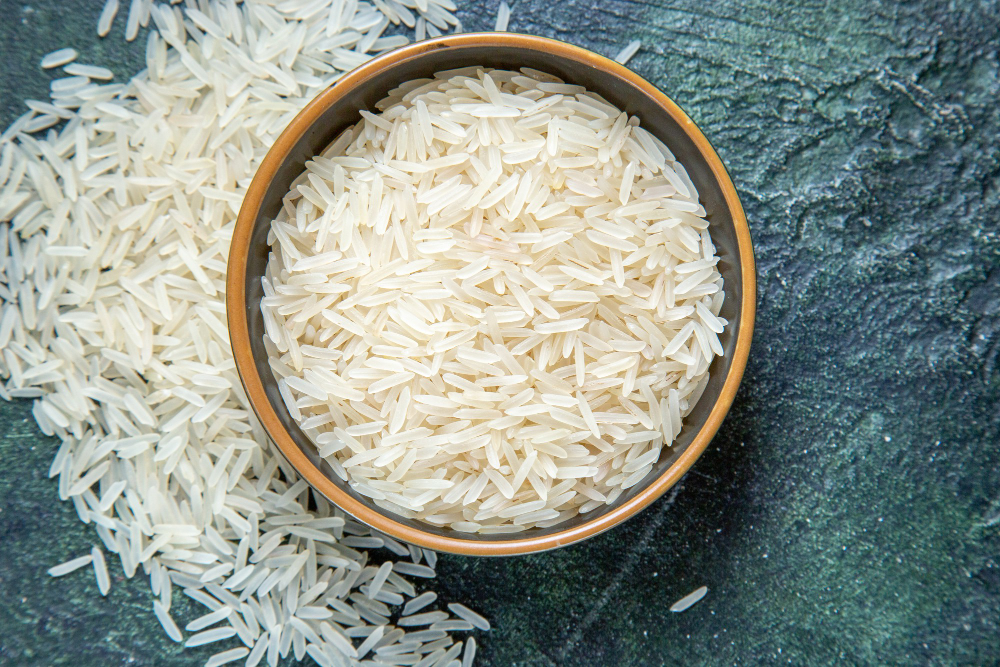NEW DELHI: The government is initiating fresh measures to ensure that rice prices remain under control and overall inflation comes down.
On Friday, the Centre imposed 20% export duty on parboiled rice (rice partially boiled with husk), barely a week after imposing 40% on exports of onion. Besides, it is expected to notify a minimum export price (MEP) for basmati rice, pegged at $1,200 (Rs 99,000) a tonne.
All these moves are meant to slow down shipments and allay any fear of short supply in the domestic market, although there has been only a marginal increase in retail prices of rice in the past one year.
Earlier, the government had banned the export of broken rice and non-basmati rice, and wheat as well. The latest move comes amid fears of reduction in domestic production due to the monsoon trend and risk of El Nino despite the paddy acreage going up this year. Floods in parts of Punjab and Haryana, delayed sowing in eastern states and less rain in Karnataka may impact the summer crop.
As per the notification issued by the finance ministry, the export duty on parboiled rice will be in force till October 15. Sources said the mid-October deadline has been kept considering that the government will have a fair idea about expected rice production by that time. The first estimate of kharif crops is likely to be out in the third week of September.
The steps with regard to onion and rice have been announced weeks after PM Narendra Modi, during his Independence Day address, spoke about the government taking more measures “to minimise the burden of price rise” on people.
While the finance ministry notification says the fresh export duty on parboiled rice comes into force with immediate effect, exporters who have contracted before the notification was issued are allowed to export their consignments at zero duty until October 15.
Sources said the MEP on basmati rice would also be reviewed in the first week of October.
India has been the world’s largest rice exporter since 2012 and it exports the food item to more than 100 countries including Nepal, Bangladesh, Indonesia, Malaysia, the UAE and African countries of Madagascar, Benin, Kenya and Ivory Coast. Government data shows that non-basmati rice accounts for 80% of the total exports of rice.



